
A migrant woman and her struggles
Text and photos by Salma Shah
The journey of a migrant woman can often feel like starting anew, yet it is deeply rooted in her past experiences and struggles. I want to share the story of my friend and former colleague, Shukria Safi, alongside my own, as they mirror each other. Both of us had to leave Afghanistan due to unstable and life-threatening situations, losing our lifetime achievements but not our hope. We decided to do our best to contribute again to the society we now find ourselves in. For migrant women like us, the EU election is a crucial opportunity for a fresh start and to influence our new communities. It’s vital that we use our power to vote and choose representatives who reflect our values and needs.
Migrant women play a significant role in the democratic process. Voting is not only a fundamental right but also a powerful tool that empowers us to participate in shaping our communities. By voting, we can voice our concerns, advocate for our interests, and influence policies on immigration, integration, gender equality, and social justice. Our perspectives and experiences add diversity to the political dialogue, promoting greater inclusivity in governance.
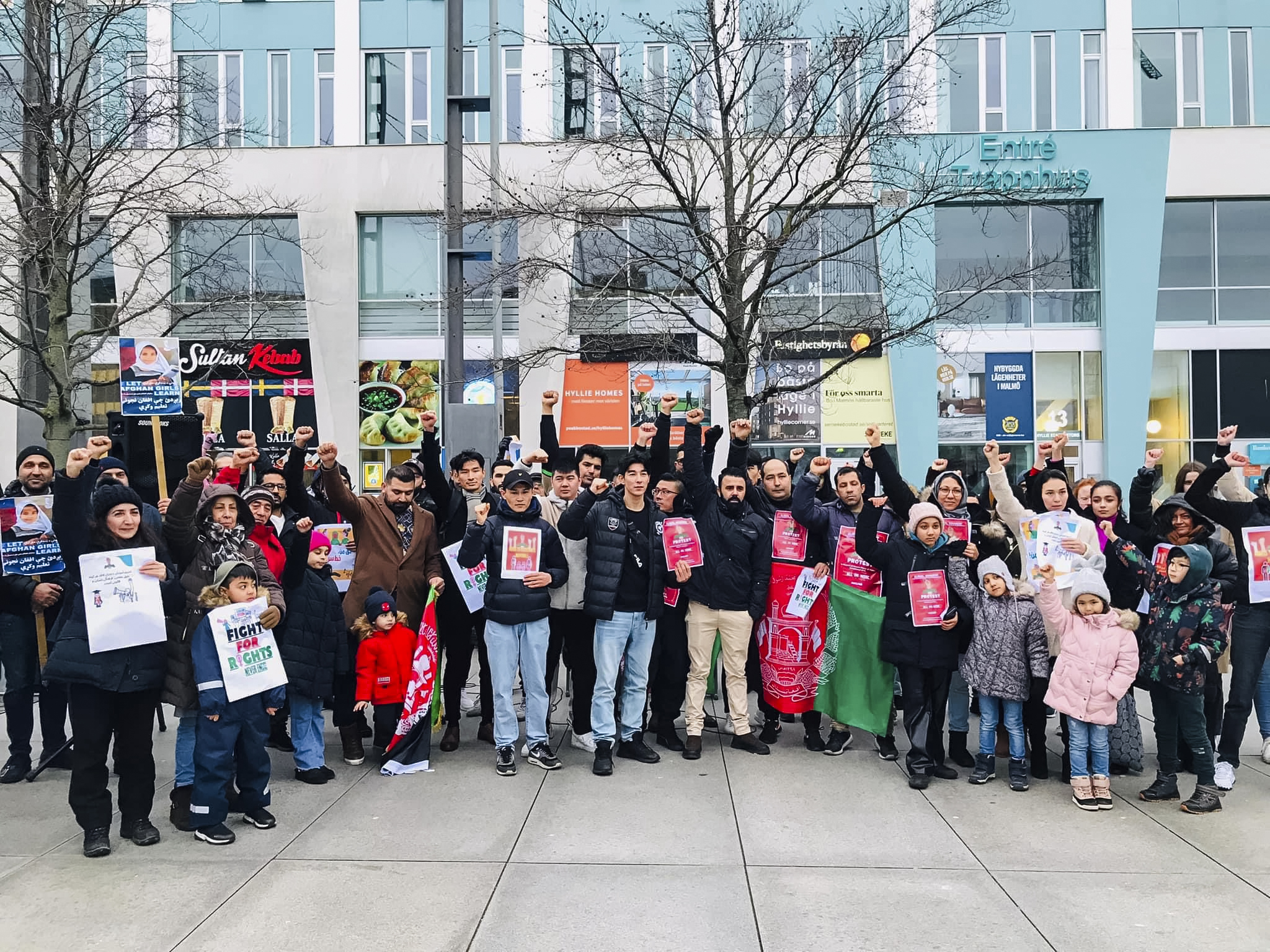
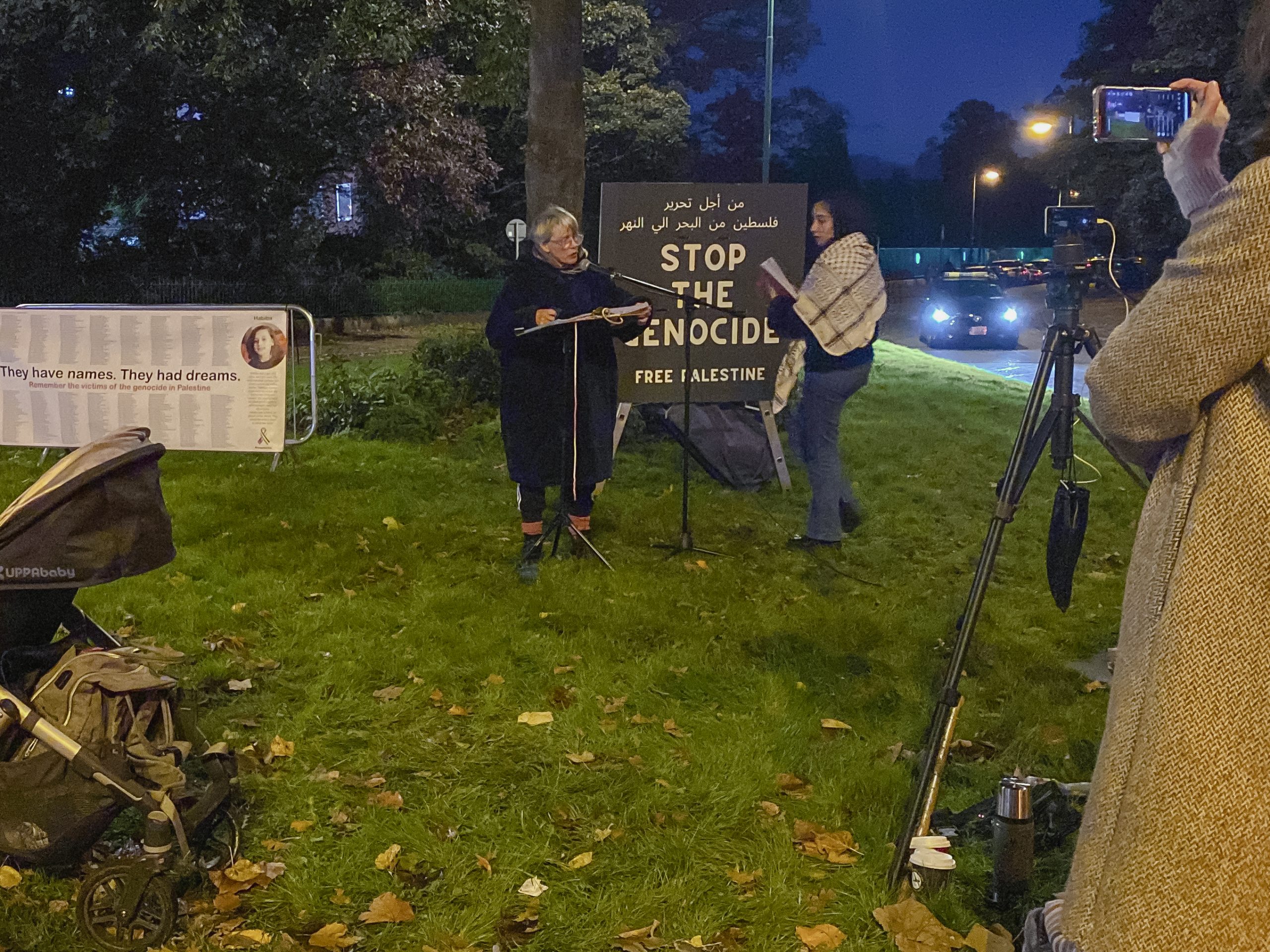
In Sweden, where I now live, approximately 28% of the population are foreign-born, with women making up a substantial proportion of this group, according to Statistics Sweden (SCB). This demographic detail highlights the importance of ensuring migrant women have access to the necessary information, education, and resources to exercise their voting rights effectively.
Voting is essential because it allows us to have a say in shaping the future of our communities and societies. It is a means to influence decision-making, advocate for our priorities, and hold our elected officials accountable. Participating in elections enables us to help shape policies on healthcare, education, the economy, and the environment, reinforcing our role in fostering a more just and equitable society.
From June 6 to June 9, 2024, people across Europe, including Sweden, will have the opportunity to decide the future of European politics during the European Parliament elections. In Sweden, June 9, 2024, has been set as election day. The election process, which occurs every five years, is a time for all of us to work together and make decisions about the EU’s future. Your vote matters, whether it affects local, national, or European issues. It’s a chance to express your opinions on the matters that are important to you.
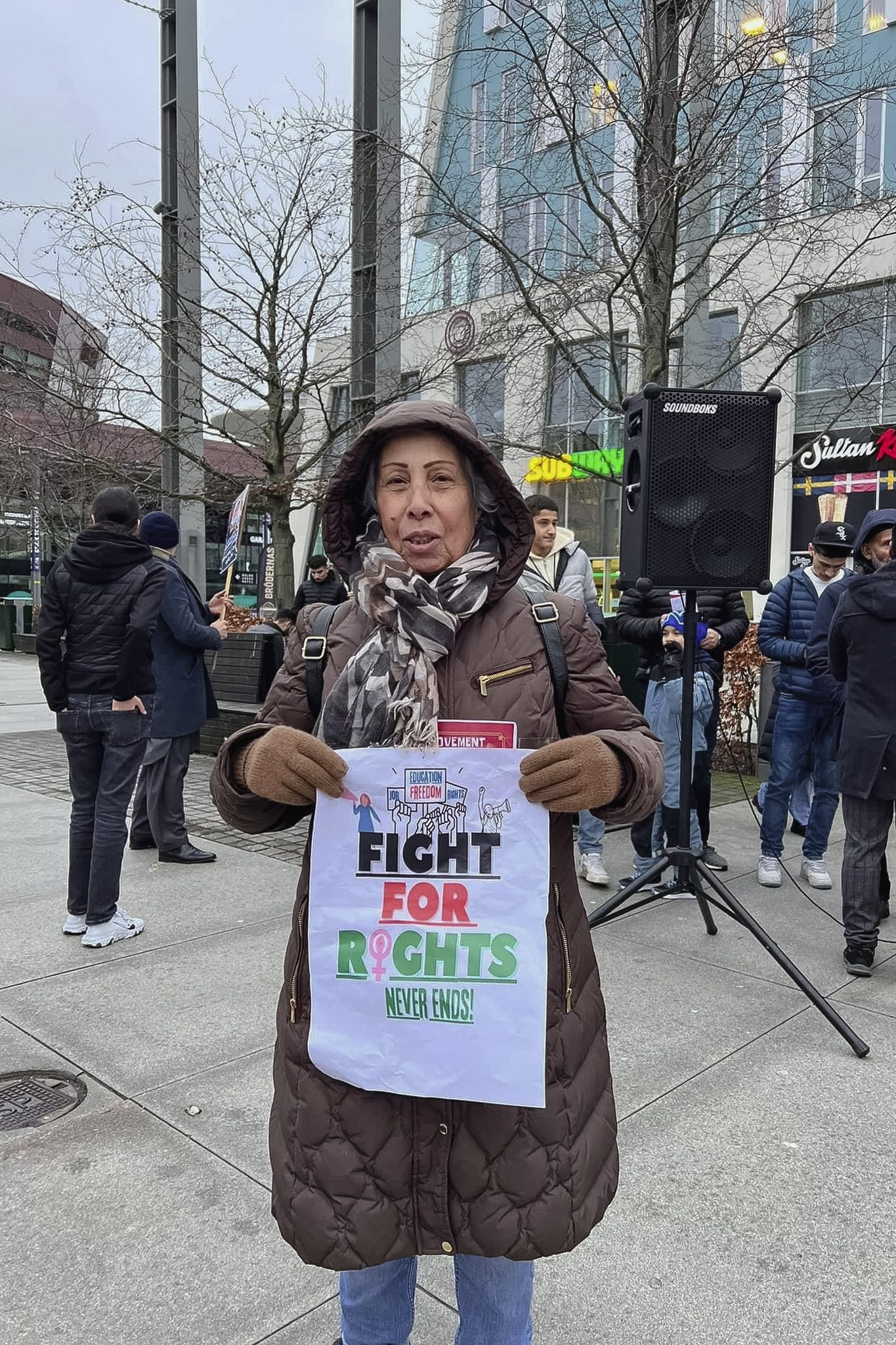
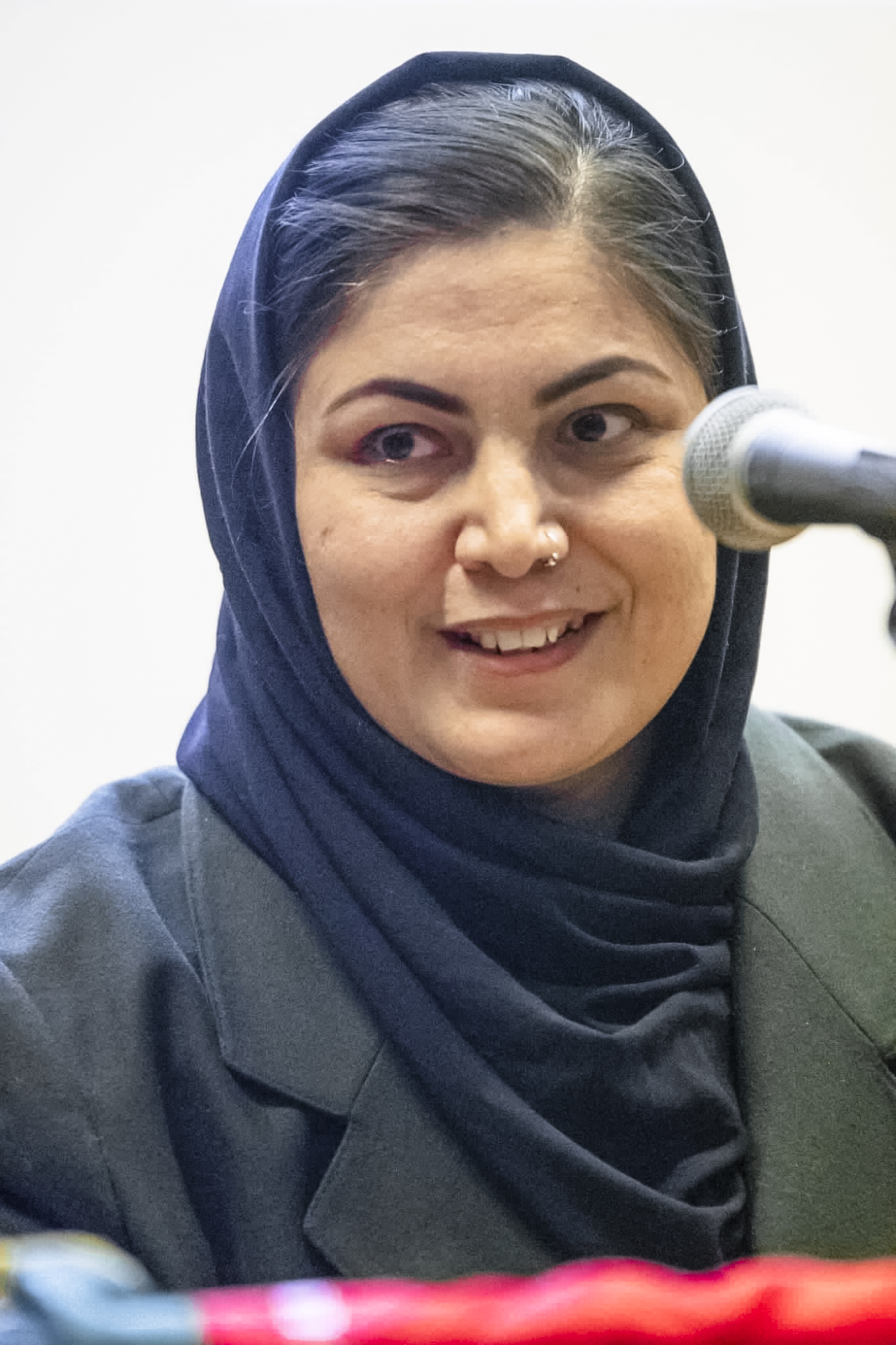

In Sweden, voters choose from various political parties, each presenting a list of candidates for the European Parliament. The number of MEPs allocated to Sweden is determined by its population size. Once elected, these MEPs represent the interests of their constituents, participating in legislative decisions, debates, and committees that shape EU policies and laws. This democratic process ensures transparency, accountability, and representation at the European level.
The eligibility criteria for voting in EU elections in Sweden are:
Age: Voters must be at least 18 years old on the day of the election.
Residency: Swedish citizens residing in Sweden are eligible to vote in EU elections. Additionally, citizens of other EU countries who are registered residents in Sweden can also vote in these elections.
Citizenship: Swedish citizens have the right to vote in EU elections regardless of their residency status.
Registration: Voters must be registered in the Swedish electoral register to participate in EU elections.
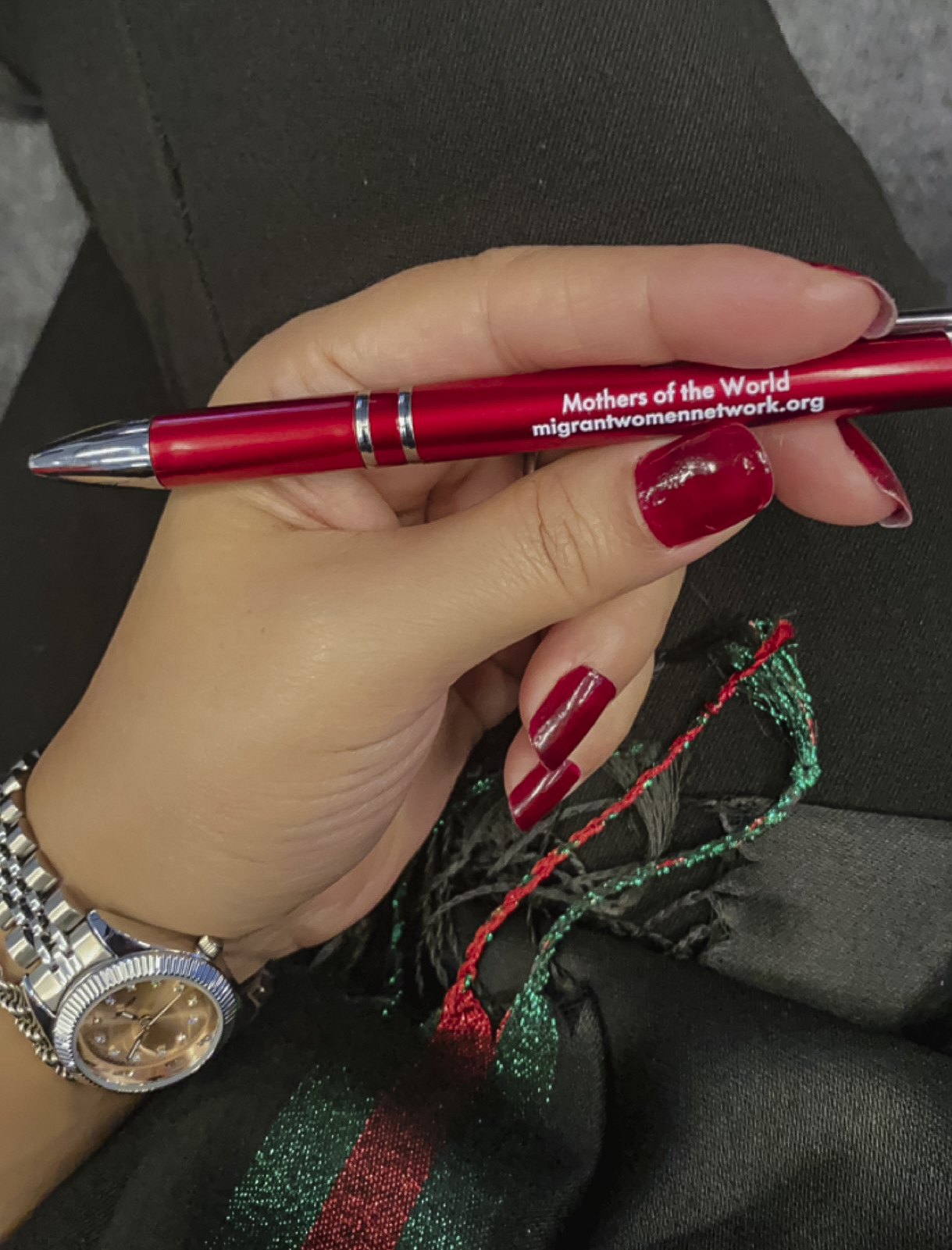
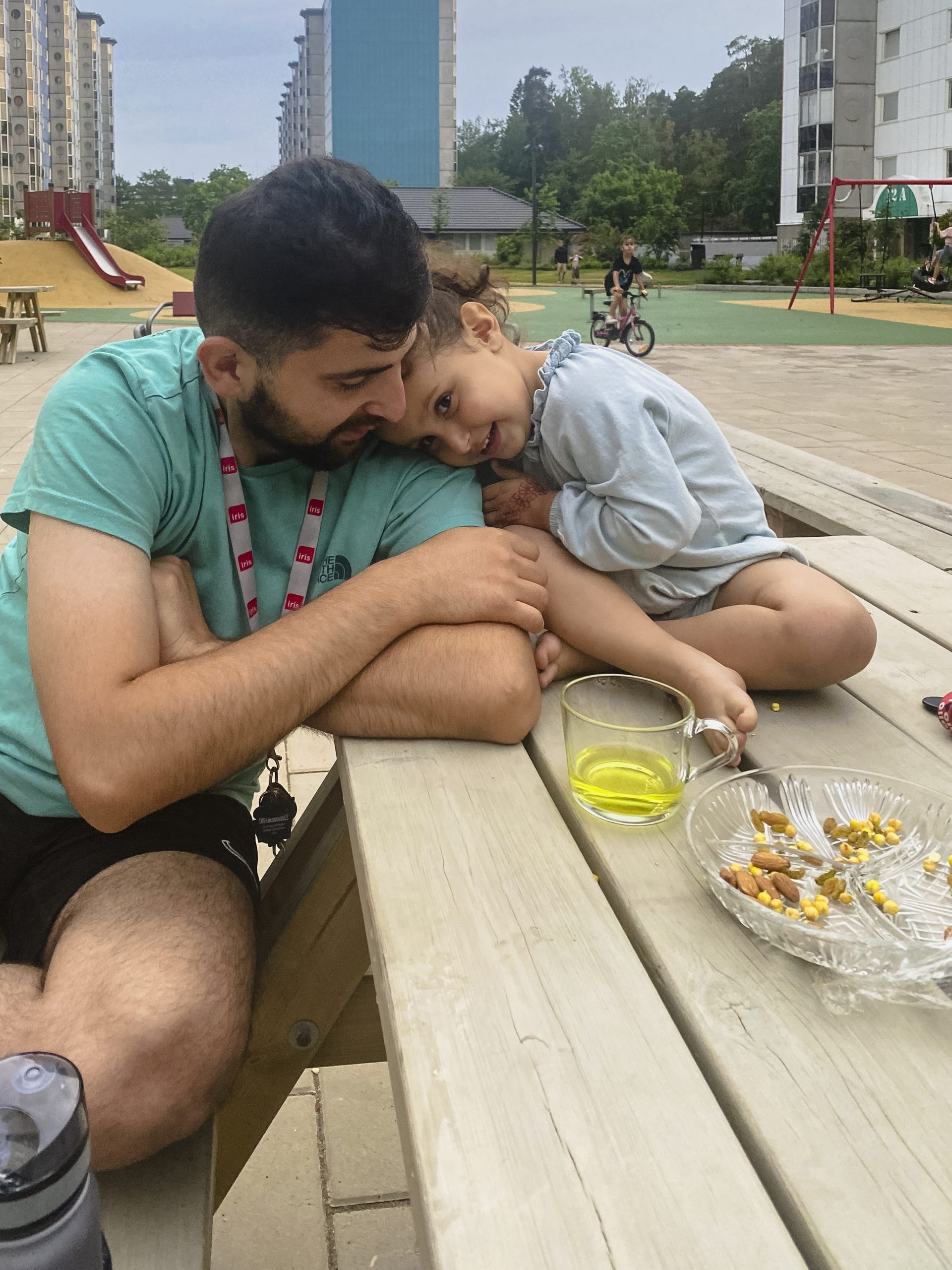
By understanding and participating in these elections, we can continue to advocate for a society that values and recognizes the contributions of everyone, including the vibrant community of migrant women. Your vote is not just a right, but a powerful tool to promote fairness and equality. Let’s raise our voices through our votes and ensure our leaders reflect our diverse needs. Vote to shape a more inclusive and equitable future.
